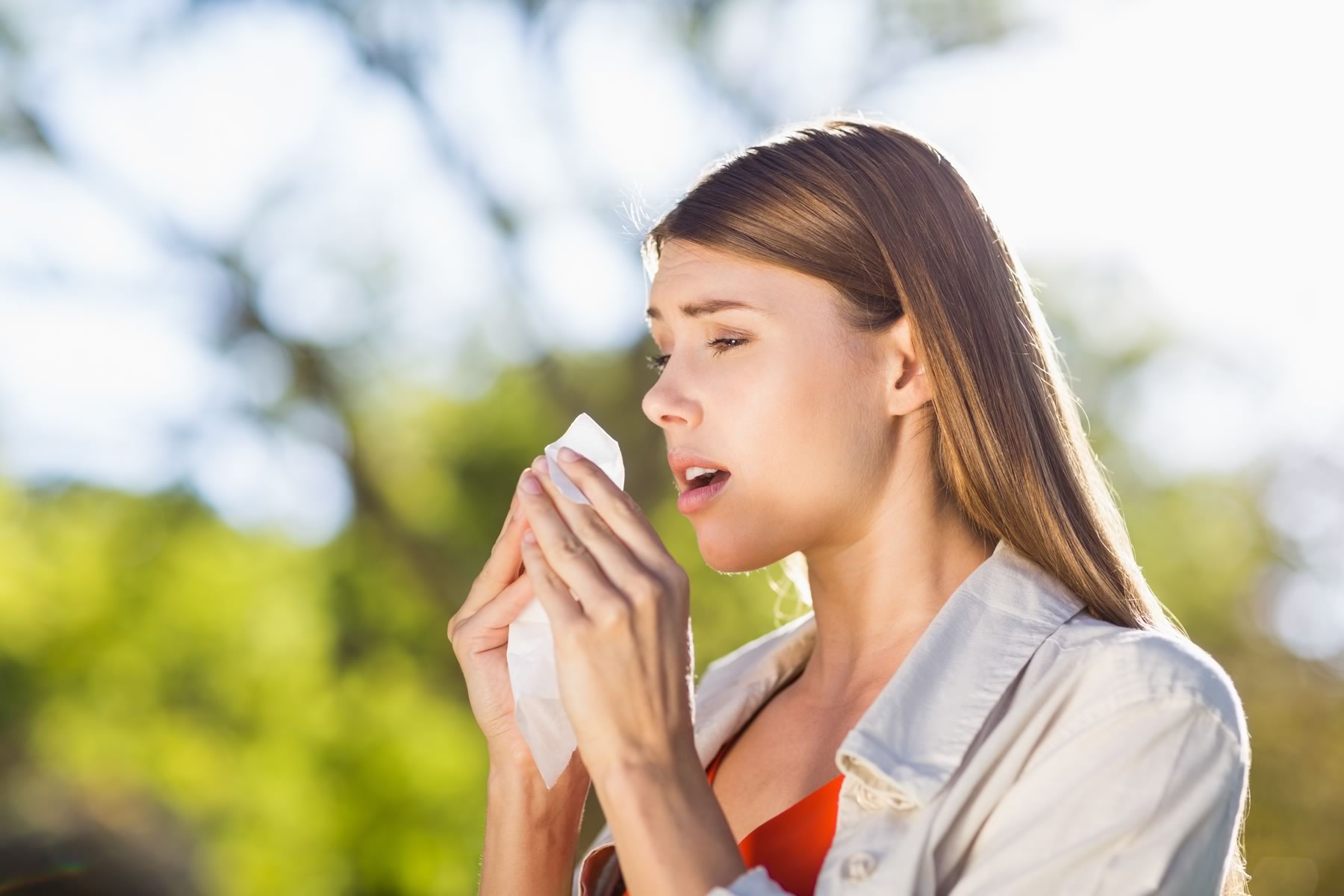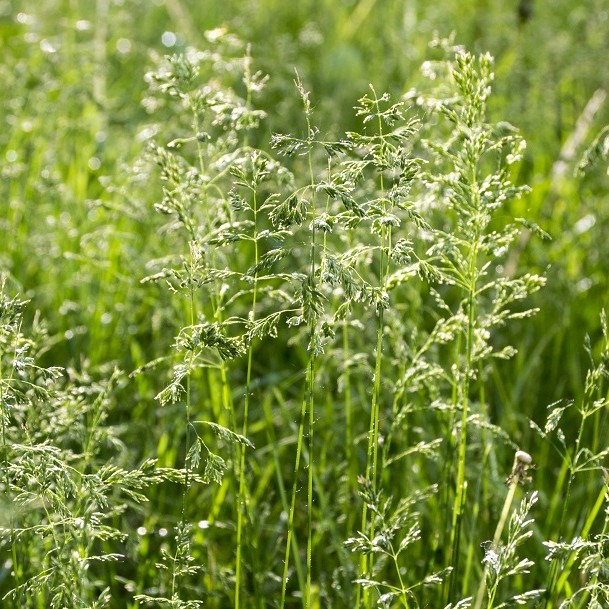As the warmth of summer graces us with its presence, many of us are eager to embrace outdoor activities and soak up the sun. However, along with the barbecues, beach days, and sunny strolls, comes an uninvited guest: allergies. For many people, summer is synonymous with sniffling, sneezing, itchy eyes, and other symptoms that signal the onset of seasonal allergies. Let’s delve into what exactly causes summertime allergies, how they impact us, and what we can do to manage them better.
The Cause: Summer Allergens
Seasonal allergies, also known as hay fever or allergic rhinitis, are triggered by allergens—substances that the immune system mistakenly identifies as harmful. When the body encounters these allergens, it responds by producing a type of antibody called Immunoglobulin E (IgE), leading to an allergic reaction.
During the summer months, the primary culprits are pollens from grasses, weeds, and trees. While spring is most commonly associated with tree pollen allergies, summertime often sees a rise in grass pollens (such as Timothy grass, Kentucky bluegrass, and ryegrass) and weed pollens (like ragweed, sagebrush, and pigweed). Mold spores, which thrive in warm, humid environments, also become more prevalent during summer, contributing to allergic symptoms.
The Impact: Symptoms of Summertime Allergies
The allergic reaction sparked by these allergens can result in a variety of allergy symptoms, many of which can be quite discomforting. These symptoms typically include:
- Sneezing
- Runny or congested nose
- Itchy, watery, or red eyes
- Coughing
- Itchy throat or ears
- Fatigue
These symptoms can severely affect an individual’s quality of life, leading to disturbed sleep, irritability, and an inability to fully enjoy outdoor activities during the summer season.

Managing Summertime Allergies
Various strategies can help manage the symptoms of seasonal allergies and make your summer a lot more enjoyable.
1. Awareness and Avoidance
Stay updated on local pollen forecasts available online such as the United Allergy Service Pollen Forecast or through mobile apps such as myAllergyPal®, and try to limit your outdoor activities on high pollen count days. Additionally, during these peak periods, keep your windows closed and use air conditioning to keep allergens at bay.
2. Allergy Medication
Over-the-counter antihistamines can be effective for relieving allergy symptoms like sneezing, itching, runny nose, and watery eyes. Decongestants may also help to relieve a stuffy nose. For those with severe symptoms, a provider may prescribe stronger medications or recommend allergy shots (immunotherapy).
3. Good Hygiene Practices
After spending time outdoors, be sure to shower and change into fresh clothes to remove any pollen that may have settled on your skin and clothing. It’s also beneficial to wash your hands often and avoid touching your face, especially your eyes, to prevent direct introduction of allergens.
4. Home Environment Care
Use high-efficiency particulate air (HEPA) filters in your home to trap pollen and other allergens. Regular cleaning and vacuuming also help to keep your indoor environment allergen-free.
The Solution: Lasting Allergy Relief
Despite best efforts to manage allergy symptoms, over-the-counter medications and preventative measures might not be enough for some individuals. In such cases, it’s crucial to take the next step—getting tested for allergies. By identifying specific triggers, you can not only avoid those allergens but also receive targeted treatment for more effective symptom relief.
Through your provider at an allergy center near you, United Allergy Services offers comprehensive allergy testing that can pinpoint the exact allergens causing your discomfort. This personalized approach allows for a more accurate diagnosis and effective treatment plan.
For some, the path to relief could lie in immunotherapy, a treatment approach that helps the body build tolerance to allergens. United Allergy Services offers allergy shots (subcutaneous immunotherapy) and allergy drops (sublingual immunotherapy) tailored to your specific allergen sensitivities. Over time, immunotherapy can help to reduce or even eliminate your allergic responses, enabling you to fully enjoy summer.
In conclusion, while summertime allergies can put a damper on this vibrant season, there are many avenues to manage and overcome them, including avoidance, medication, and medical treatments like immunotherapy. Don’t let allergies hold you back—explore options with your provider at a local allergy center to find the best treatment path for you.
Use our interactive map to find an allergy center near you. Easily schedule allergy testing right on our website—and get on the path to breathe easy!
You may also be interested in . . .
Summer Allergies
What do you look forward to in the summer months? I bet it isn't summer allergies! Whether you are planning to be the grill master or the ultimate host of the patio celebration, we have tips to help you prepare. Today, let’s discuss some common summer allergens you may encounter when enjoying the sun or attending summer celebrations. During the summer months, many allergy sufferers are wary of grass pollen. They are the most common seasonal allergy triggers and are heaviest in May through August. Don't forget to check…
Summer Allergy Travel Tips
School is out, summer is in full swing, and it is prime time for summer vacations and traveling. Summer travel with environmental allergies, asthma, or food allergies may make planning a vacation seem like a daunting task. Not to worry! We can show how to keep summer allergy issues at bay during your staycation, beach trip or wine tour of your dreams. Summer can be an ideal time to travel. The hot summer months can actually provide relief to some, like those with tree pollen allergies. Unfortunately for others, summer…
Grass Pollen Allergy: Making the Most of Summer
Summer is finally here! Longer days, days spent by the beach or the pool, and late nights catching fireflies are on the horizon. Allergies are usually associated with the spring or fall because pollen is most active during these times. However, summer allergies, especially to grass, are also common. This grass pollen allergy can cause some of the same troublesome allergy symptoms as in other seasons. Allergy Season Grass begins to pollinate in the late spring, typically April or May in the northern part of the country.…



